Continuing the 10th Session, on the afternoon of November 11, the National Assembly discussed in groups: Draft Law amending and supplementing a number of articles of the Law on Citizen Reception, the Law on Complaints, the Law on Denunciation; Draft Law on Investment (amended) and Draft Law on Drug Prevention and Control (amended).
Consider decentralization regulations for projects with special mechanisms
Discussing the draft Law on Investment (amended), delegates of Group 4 (including the National Assembly delegations of Khanh Hoa, Lai Chau and Lao Cai provinces) basically agreed with the necessity of amending the Law as well as the Government's Submission and the Inspection Report of the Economic and Financial Committee.
According to National Assembly Deputy Nguyen Huu Toan ( Lai Chau ), amending the Investment Law is very important to continue improving the investment and business environment and mobilizing non-budgetary resources for the country's economic development.

National Assembly Deputy Nguyen Huu Toan (Lai Chau) speaks. Photo: Ho Long
Giving specific comments, delegate Nguyen Huu Toan said that the draft Law has narrowed and clarified the scope of projects that need to undergo investment approval procedures in important areas such as seaports, airports, and issues affecting national defense and security. This is necessary to create favorable conditions for investors.
However, according to the delegate, it is necessary to clearly define which areas must be approved for investment policies; the content of investment policy approval should also be concise; and the exclusion method should be used. This will ensure the long-term life of the Law, creating convenience for investors.
Regarding decentralization, the draft Law has promoted decentralization, such as projects that were previously under the authority of the National Assembly are now decentralized to the Prime Minister, or projects that were previously under the authority of the Prime Minister are now proposed to be decentralized to the Chairman of the Provincial People's Committee...

Delegates participating in the discussion at Group 4 on the afternoon of November 11
"Such regulations are consistent with current investment management requirements," the delegate emphasized.
Clause 21, Article 25 of the draft Law stipulates that projects that must carry out investment policy approval procedures include: investment projects that require the application of mechanisms and policies. specific, different from the provisions of laws, ordinances, and resolutions of the National Assembly and the National Assembly Standing Committee.
Clause 1, Article 26 of the draft Law stipulates: The Government approves investment policies for investment projects that require special mechanisms and policies, different from the provisions of laws, ordinances, and resolutions of the National Assembly and the National Assembly Standing Committee as prescribed in Clause 21, Article 25 of this Law after receiving approval from the National Assembly Standing Committee.
Delegate Nguyen Huu Toan noted, "it is necessary to consider very carefully" this regulation.
The delegate analyzed that a special mechanism is a mechanism that exceeds the provisions of the law, and the authority to decide on the law belongs to the National Assembly. Therefore, projects with special mechanisms and policies must still belong to the authority of the National Assembly, but the implementation content can be simple.
Accordingly, the report is only submitted to the National Assembly for consideration and comments on specific policies for that project, but does not decide to approve the investment policy. After the National Assembly approves the specific policy, the Prime Minister can exercise the right to approve the investment policy according to decentralization.
Also related to this issue, National Assembly Deputy Sung A Lenh (Lao Cai) added that the phrase "special mechanisms and policies" does not have specific legal connotations, does not clearly define the boundaries of application, the proposing subject and the implementation period.

National Assembly Delegate Sung A Lenh (Lao Cai) speaks
Therefore, the delegate proposed to review and supplement specific definitions in Article 3 (Interpretation of terms), clearly defining what "special mechanisms and policies" are in this Law to have consistency in determining authority and responsibility in implementation.
Supplementing regulations on authority to amend appendices
One point of interest to many delegates is the regulation on conditional business lines (Appendix IV attached to the draft Law).
Delegate Nguyen Huu Toan agreed with the appendix to cut some business lines. However, it is necessary to carefully review the principles of cutting conditional business lines, especially issues directly related to food safety and hygiene, and human health. In developed countries, these issues are very strictly regulated.
In the list of conditional business lines, tax consulting has been removed. Delegate Nguyen Huu Toan suggested that this content should be reviewed.
Through practical research and practice in developed countries, the tax consulting field is one of the conditional business sectors. When ensuring business conditions, it is to maintain the trust and credibility of that consulting field, helping taxpayers and tax declarers ensure the fulfillment of their obligations to the State.
Basically agreeing with the direction of reducing conditional business lines, however, according to delegate Sung A Lenh, current regulations have not clarified the form of expressing conditions (licenses, certificates, legal capital, capacity standards, etc.) and do not have public risk criteria as a basis for maintaining or abolishing conditions.
Therefore, it is necessary to study and supplement the provisions clearly defining the form of expressing business investment conditions, and at the same time require the Government to attach a report assessing the impact and level of public risk when issuing a decree, ensuring objectivity and transparency when reviewing and cutting down industries.
National Assembly Delegate Le Xuan Than (Khanh Hoa) added that recently, the amendment of the appendix of conditional business lines has been carried out continuously to suit reality.

National Assembly Delegate Le Xuan Than (Khanh Hoa) speaks
Considering this as a “dynamic” and not fixed factor, the delegate suggested that, in order to end the situation of having to amend the law to amend the appendix, it is necessary to study so that the draft Law has the sentence: assign the Standing Committee to consider, according to the Government's proposal, to amend and supplement the appendixes and report to the National Assembly in the nearest session. This will ensure mobility in management, instead of having to wait until the National Assembly session to amend the law to amend the appendix.
Have a periodic evaluation mechanism
Regarding the management of overseas investment activities, delegate Nguyen Huu Toan said that there are two main contents that need to be noted. One is the management of cash flow abroad, especially foreign currency. The other is business secrets.
From the experience of some countries, delegates proposed that it is necessary to review which sectors and industries related to strategic goods and strategic technologies of the country must have investment policy approval before investing abroad.
Regarding the control of foreign currency transfers abroad for investment, procedures can be simplified but State control is still needed, because currently balancing the trade balance with foreign countries is still a difficult problem, suggested delegate Nguyen Huu Toan.

Delegates of Lai Chau delegation participated in the discussion in Group 4.
The draft Law stipulates special investment incentives and support policies (Article 18), but delegate Sung A Lenh said that there is no mechanism to evaluate, monitor and publicize the effectiveness of implementing incentives. Meanwhile, reality shows that many projects enjoy large incentives but do not meet the committed targets on progress, employment, technology transfer, or spillover effects.
Therefore, the delegates proposed to add a provision on the mechanism for periodically evaluating the effectiveness of investment incentive policies. In case the project fails to achieve its objectives, is slow to implement or violates incentive conditions, the competent authority shall decide to withdraw, adjust or terminate the incentives; the evaluation results shall be made public on the National Investment Database.
“This regulation helps increase transparency and accountability, while ensuring preferential resources are used effectively and in line with policy objectives,” said delegate Sung A Lenh.
Source: https://daibieunhandan.vn/du-an-luat-dau-tu-sua-doi-ra-soat-ky-nguyen-tac-cat-giam-nganh-nghe-kinh-doanh-co-dieu-kien-10395282.html


![[Photo] Prime Minister Pham Minh Chinh receives Lao Minister of Labor and Welfare Phosay Sayasone](https://vphoto.vietnam.vn/thumb/1200x675/vietnam/resource/IMAGE/2025/11/11/1762872028311_dsc-2246-jpg.webp)














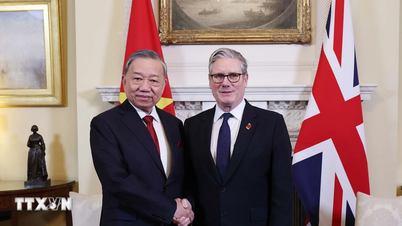

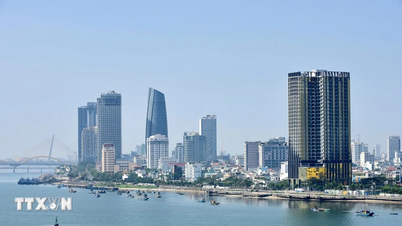
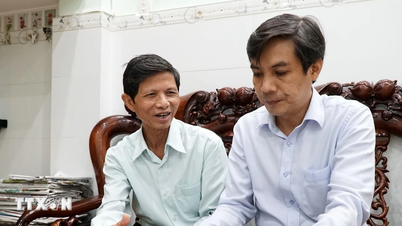
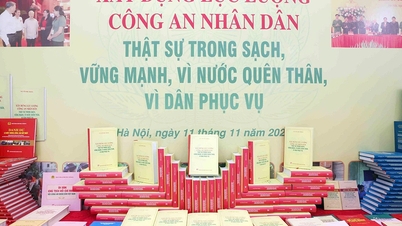



![[Video] Draft documents of the 14th National Congress emphasize the key role of foreign affairs](https://vphoto.vietnam.vn/thumb/402x226/vietnam/resource/IMAGE/2025/11/12/1762905940110_dung00-24-48-14still009-jpg.webp)







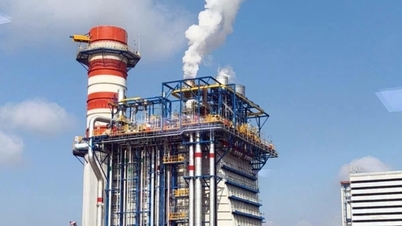

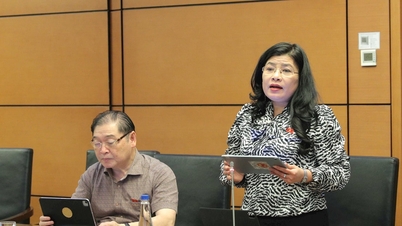





















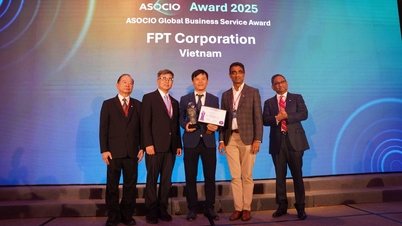
















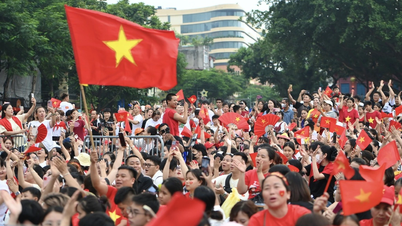
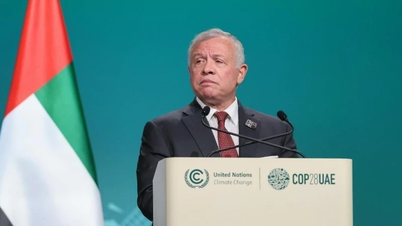






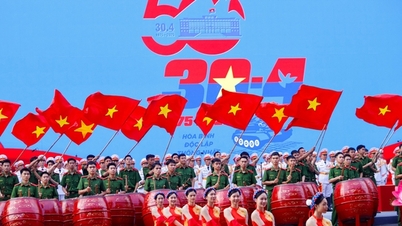




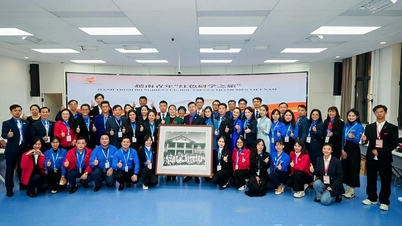

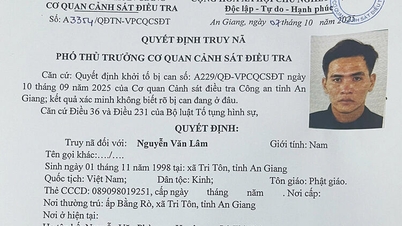




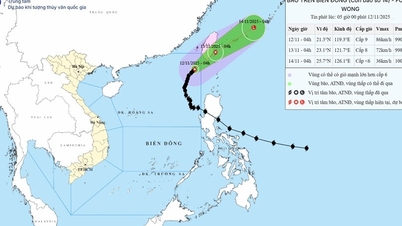

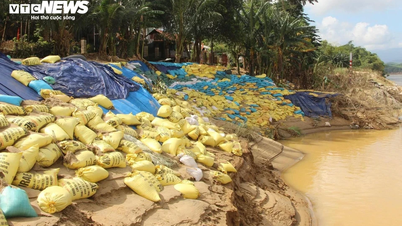





![Dong Nai OCOP transition: [Article 3] Linking tourism with OCOP product consumption](https://vphoto.vietnam.vn/thumb/402x226/vietnam/resource/IMAGE/2025/11/10/1762739199309_1324-2740-7_n-162543_981.jpeg)








Comment (0)